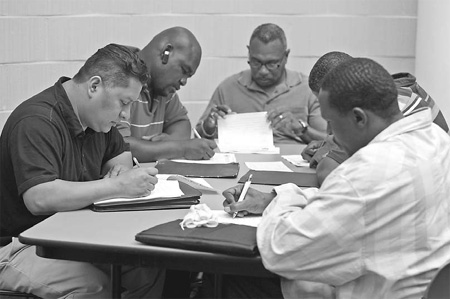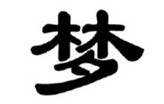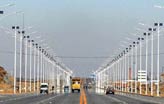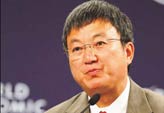Top Obama adviser calls for less regulation
Updated: 2011-09-19 07:58
By Shobhana Chandra (China Daily)
|
|||||||||
|
|
Jeffrey Immelt believes it will spur growth in stagnant labor market
WASHINGTON - The United States government must reduce business regulation to spur job growth, said Jeffrey Immelt, chief executive officer of General Electric Co and head of President Barack Obama's Council on Jobs and Competitiveness.
"The one thing I hope to get done is to create more jobs," Immelt said in an interview on CNN's Fareed Zakaria GPS, broadcast on Sept 19. "There's got to be some simplification of regulations."
Immelt, named to the council in January to build a bridge between the government and the country's employers, said industry-wide jobs proposals will be ready by the end of this year. Americans' pessimism about the economy has deepened, sending Obama's approval ratings to the lowest of his presidency, as the stagnant labor market limits consumer spending and threatens to trigger another recession.
One way to boost confidence among employers is to "try to see through the eyes of small businesses", which face a bigger hurdle than large companies such as GE, International Business Machines Corp and JPMorgan Chase & Co, Immelt said.
"We're big enough companies that we can muscle through regulatory" pressures, he said. "We can comply. We can do the things we need to do."
"If you're a $50 million business, it's just so much harder," he said. Seen from his perspective, small business "has all the problems GE has, only on steroids".
More certainty
More certainty on tax rates and healthcare policy and building a well-trained workforce would also encourage companies to hire and increase investment, Immelt said. At the same time, for companies to say the lack of these incentives is stopping them from investing is "a crutch".
GE expects to add about 15,000 jobs in the US this year and is investing in the country as well as in overseas markets such as China and India, Immelt said. The businessman is also chairman of GE, based in Fairfield, Connecticut. It is the biggest maker of power generation equipment, medical-imaging machines, locomotives and aircraft engines.
Obama's $447 billion plan includes tax cuts and spending proposals to jump-start job creation. Payrolls were little changed in August and the unemployment rate held at 9.1 percent, Labor Department figures showed. On Sept 2 Obama's disapproval rating reached 50 percent for the first time since he became president of the US, according to a New York Times/CBS News poll conducted from Sept 10 to Sept 15.
Debt, government cuts
While the US needs to reduce its debt and the size of the government, Immelt said, it also needs to spend on improving education, infrastructure and research and development to spur innovation and become more competitive.
"There is a role, I think a small role, to be played by the government in risk-taking, in helping to evolve where we go," Immelt said when asked whether the US government should be as active as the Chinese government has been in a push to compete for market share with GE in wind turbines.
For more than 100 years, the US government has been "a catalyst to drive growth", he said. The National Institutes of Health helped to create the world's best healthcare system and "the nuclear industry was built on the back of the Department of Defense", which also "spawned the Internet", Immelt said.
In China, there is a "system where the government fundamentally runs the play", Immelt said. He said he makes GE executives study China's Five-Year Economic Plans to better understand how to compete and win.
"We do have to recognize that competition has changed, that the biggest competitor plays the game in a very state-driven way," Immelt said on CNN.
In the US, businesses work together and the government and private industry team up to find solutions, he said.
The US has thrived on a "sense of partnership that's very much a part of the American culture", Immelt said, adding he is confident that "will ultimately play out" and work in the nation's favor.
Bloomberg News











